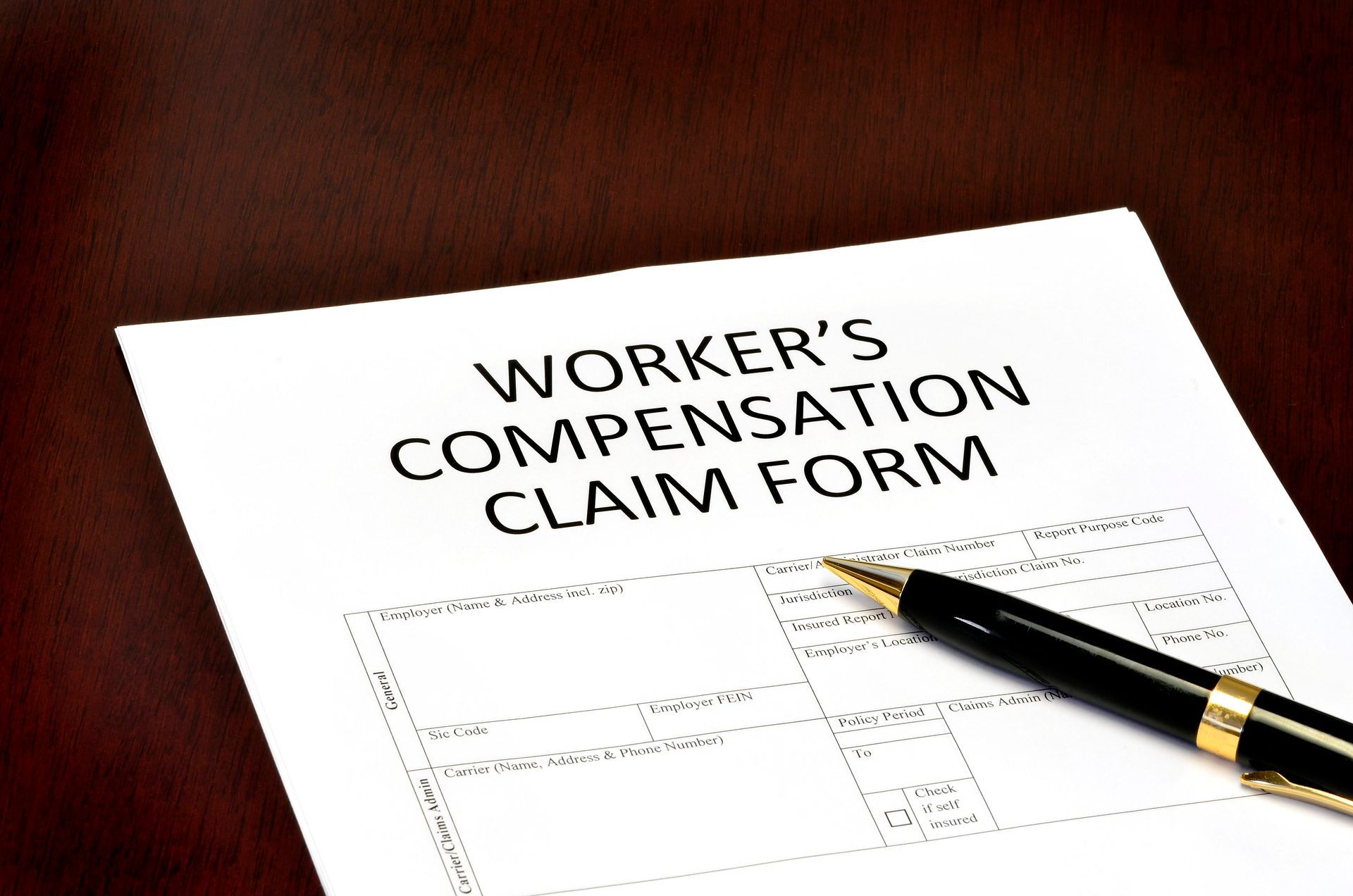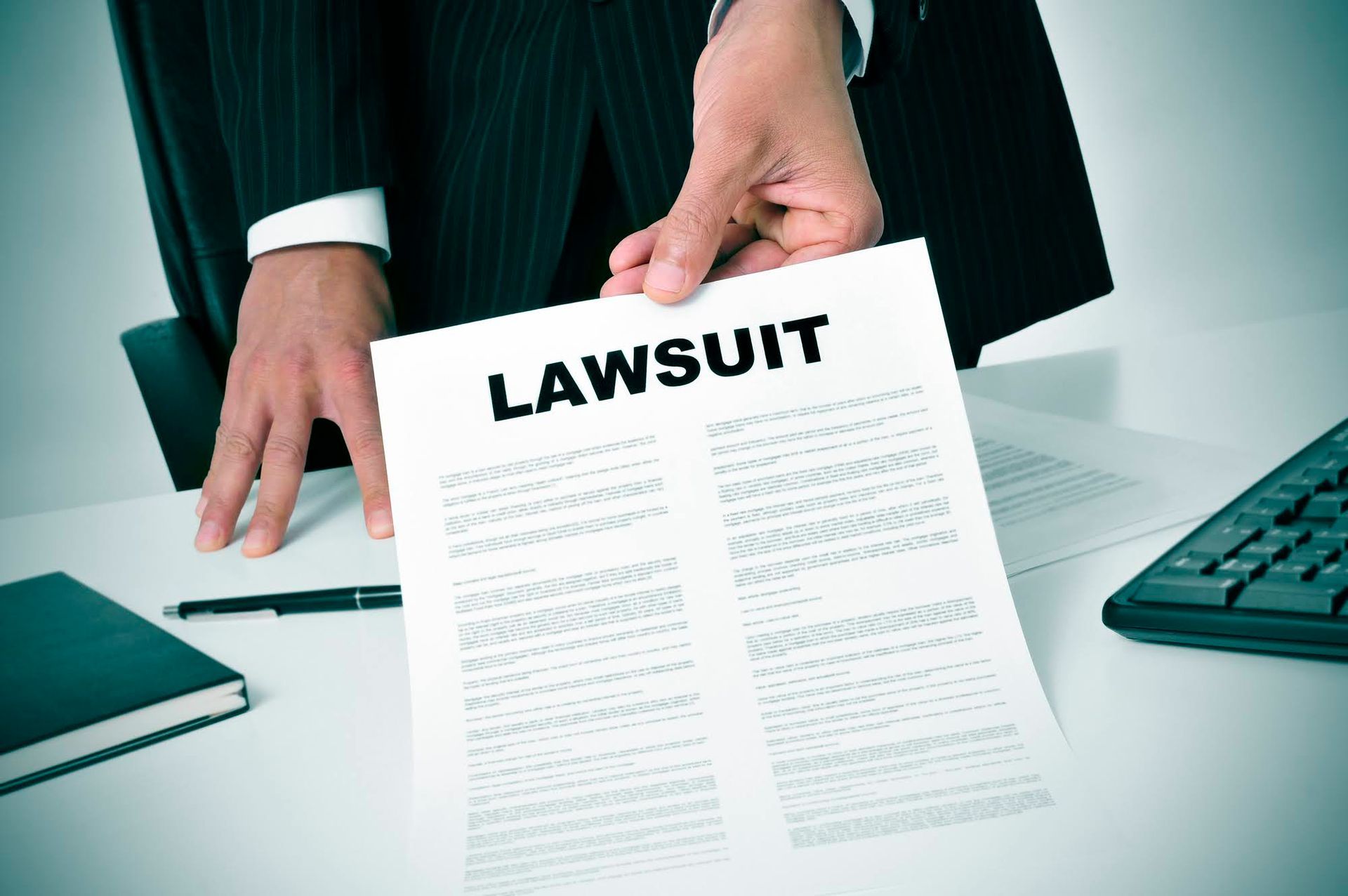How Workers' Compensation Laws Protect Injured Employees
- By Admin
- •
- 29 Sep, 2023

The employment world can be a challenging journey, intertwined with both rewarding moments of professional growth and unexpected hurdles. One such obstacle could be a workplace injury, an unfortunate event that can significantly disrupt your life as an employee.
However, there is a silver lining that needs to be illuminated—the protection by workers' compensation laws. This blog post delves into the intricacies of these laws, exploring their purpose and benefits and how they serve as a safety net for injured employees.
Medical Treatment Coverage
One of the primary provisions within workers' compensation laws is the entitlement to medical treatment coverage. Should you sustain an injury or illness directly related to your job, these laws stipulate that your employer or their insurance company is responsible for all reasonable and necessary medical care.
This coverage includes hospital stays, surgeries, prescriptions, physical therapy, and even transportation costs to and from medical appointments.
Remember that this coverage begins from the moment the injury occurs, irrespective of whether you have missed any work or not. However, claiming this coverage may vary depending on your state's laws. Some jurisdictions allow the injured employee to choose their doctor, while others mandate that you see a healthcare provider within the insurance company's network.
You need to follow these rules to avoid paying out-of-pocket for your medical expenses. If any dispute arises about the necessity of a treatment, each state has a process in place to resolve the disagreement. Notably, some treatments may require prior approval to ensure they're actually necessary and related to the workplace injury.
Disability Benefits
Workers' compensation laws also provide disability benefits to those who lose their earning capacity due to work-related injuries or illnesses. These benefits are divided into two main categories –– temporary and permanent disabilities.
Temporary disability benefits are meant to compensate employees for wages lost during the period they are unable to work because of the injury. These are typically calculated as a percentage of your average weekly wage, up to a maximum amount set by state law.
You are eligible to receive these benefits until you are medically cleared to return to work or have reached a state of maximum medical improvement (MMI).
Permanent disability benefits, on the other hand, are for workers who suffer a lasting impairment due to a work-related injury or illness. This applies if you are unable to return to your previous job, perform certain tasks, or work at all. The calculation for these benefits is more complex and depends on factors such as the extent of your disability, age, occupation, and wages prior to the injury.
Keep in mind that the amount and duration of these benefits may vary on a case-to-case basis. Some people may get additional benefits beyond those mentioned here, especially if they sustain a catastrophic injury. These benefits may include long-term nursing care, vocational rehabilitation, and retraining if you are unable to return to your former job.
Protection From Retaliation
Most importantly, workers' compensation laws protect employees from retaliation by their employers. So, if you file a workers' compensation claim, your employer is legally prohibited from taking punitive actions against you.
This includes firing, demoting, unfairly disciplining, reducing your hours, or creating a hostile work environment due to your claim. These laws are designed to create a safe space for employees to seek the benefits they deserve without fear of retaliation or job loss.
If you believe you have been subjected to retaliation due to a workers' compensation claim, consult with an experienced workers' compensation attorney. You don't need another source of stress in an already difficult situation. Your lawyer can help you understand your rights and build a strong case against any unjustified retaliation by your employer.
Death Benefits
The most unfortunate consequence of a workplace injury is the death of an employee. In such cases, the spouse, children, or other dependents may be eligible to receive death benefits. These benefits are designed to offset the loss of financial support and cover funeral and burial expenses due to the tragic event.
The amount the family receives in death benefits is usually a portion of the employee's salary and is subject to a cap determined by the respective state laws. Remember that these benefits are not subject to federal or state income taxes, which provides a small consolation in such a devastating time.
The process for claiming death benefits varies, but it typically involves providing proof of dependency, such as marriage or birth certificates, and filing a claim with the relevant workers' compensation board or industrial court. The eligibility for death benefits extends to the surviving spouse until they remarry and to minor children until they reach adulthood.
In conclusion, workers' compensation laws serve as a robust shield for employees, offering valuable protection in the aftermath of a workplace injury or illness. Call us at the Law Offices of David A. Helfand, P.A., if you need help navigating the legal side of workers' compensation issues.
CONTACT US
We will get back to you as soon as possible
Please try again later
CONTACT US
We will get back to you as soon as possible
Please try again later
Notable Cases Handled by
The Law Offices Of David. A Helfand, P.A.
Medical Malpractice - necessary surgery done in negligent manner resulting in lacerated intestine. $800,000.00 – settlement against Surgeon and Hospital.
Medical Malpractice - Misdiagnosed cardiac condition due to negligent study and reporting of diagnostic cardiac test resulting in death of 50-year-old woman - $3,000,000.00 settlement against Hospital and Cardiac radiologist
Medical Malpractice – Administration of medication and failure to recognize side effects causing brain injury – $2.3 million settlement against Hospital and Attending Physician.
Truck Accident – Truck made illegal U-turn at night without proper safety equipment to warn motorists resulting in collision, causing brain injury to oncoming motorist - $2,350,000.00
Uninsured Motorist Claim / Auto Accident – underinsured vehicle rear ended plaintiff, back and shoulder injuries, requiring surgery - $558,000.00 settlement against uninsured motorist insurance company.
Supermarket Slip and Fall – Plaintiff slipped on dropped fruit on floor, causing plaintiff to slip and fall resulting in shoulder and back surgery - $450,000.00
Supermarket Slip and Fall on Water – captured on store security system- knee injury -$125,000.00 settlement against supermarket
Near Drowning – At Hotel pool that failed to have property safety lines in pool and no lifeguard - $340,000.00 settlement with hotel
Workers Compensation Case
– Worker fell off roof while working, sustaining catastrophic back injuries – all employers denied compensability - $2,000,000.00 Global Settlement
Workers’ Compensation Case - Dock Worker injured at work when delivery truck was not properly braked to the dock. Workers compensation settlement and settlement against truck company - confidential settlements
Negligence – Negligent supervision at school resulting in injured eye to student due to lack of supervision, Confidential settlement.
Premise Liability – household guest burned by fire when homeowner spilled hot oil on guest while cooking- $300,000.00 settlement with Homeowner’s Insurance Company.
Slip and Fall – on wet floor in restaurant bathroom resulting in fractured ankle- $325,000.00 Jury Verdict.
Office Hours:
- Mon - Fri
- -
- Sat - Sun
- Closed
Office Hours:
- Mon - Fri
- -
- Sat - Sun
- Closed










